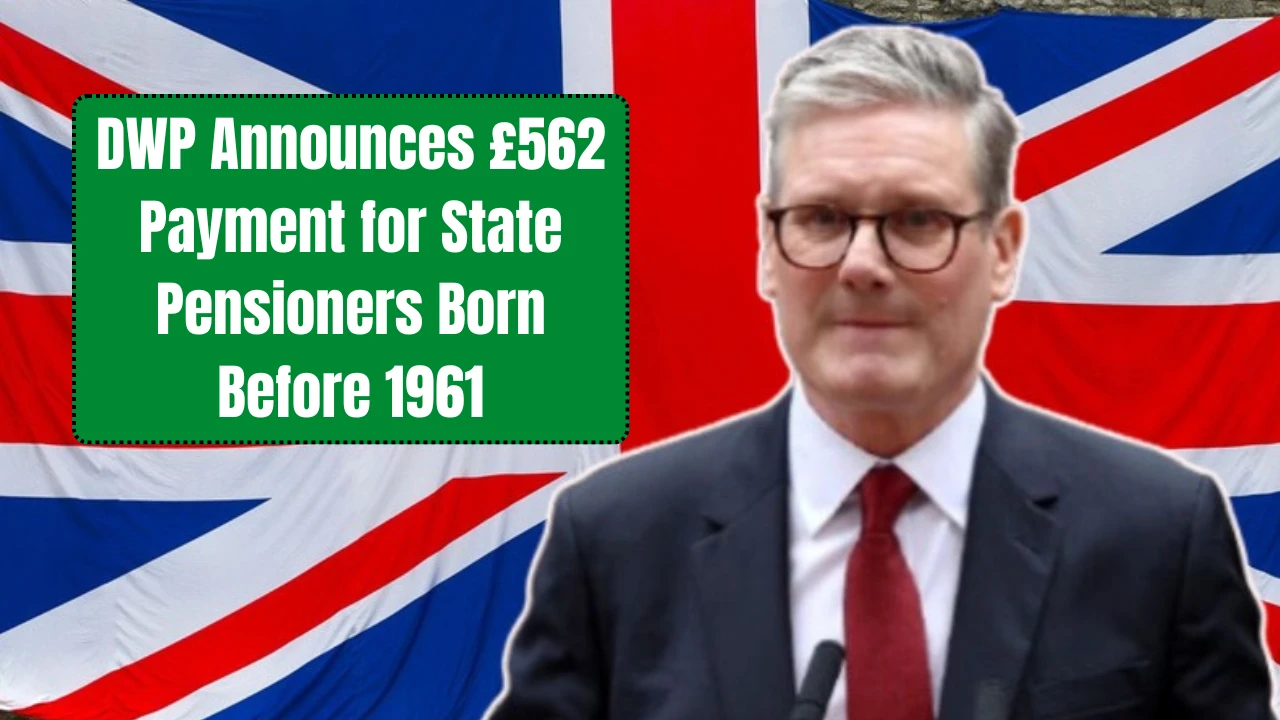If you’re a pensioner in the UK, you may have recently seen a mysterious withdrawal from your bank account. That’s because the £300 Bank Deduction has been confirmed by HMRC, and it’s catching many retirees off guard. This sudden deduction feels like a shock, but there’s more beneath the surface than you might think.
Over the next sections, I’ll break down how the £300 Bank Deduction works, who’s most at risk, and what you can do to protect yourself. We’ll dig into tax code changes, how HMRC recovers owed amounts, and why many pensioners are surprised by this move. By the end, you’ll be armed with steps to check and challenge if needed.
£300 Bank Deduction: What It Means and Why It Matters
This £300 Bank Deduction isn’t a cut to your State Pension it’s a method HMRC is using to reclaim underpaid tax or correct errors in your tax coding. Because State Pension is taxed but often paid without withholding upfront, HMRC sometimes needs to collect shortfalls later. That’s how deductions like £300 show up. In many cases, it’s spread across months or lumped together, which is why people see a single deduction around that size.
This process especially affects pensioners with multiple income sources, such as private pensions, savings interest, or other part-time work. If your total taxable income exceeds your personal allowance, HMRC may adjust your tax code or claw back the owed amount via such deductions.
Overview Table: Key Facts at a Glance
| Key Aspect | Detail / Explanation |
| Purpose | Recovery of unpaid tax, benefit overpayments, or correction via HMRC tax code changes |
| Typical Deduction | Around £300, though it may be spread or aggregated |
| Who Is Affected | Pensioners with multiple income streams or tax code changes |
| Visibility | Shows as a deduction in bank or pension account statements |
| Notice | Sometimes minimal or unclear ahead of the deduction |
| What You Should Do | Check your HMRC account, review tax code, dispute if wrong |
Why HMRC Is Pulling the Trigger
Let’s unpack why this £300 Bank Deduction has become a real issue lately.
Taxation of State Pension and Other Income
Your State Pension is taxable, but HMRC often doesn’t withhold tax when making payments. Instead, it relies on information about your other income (private pensions, interest, part‑time work) to assess your full tax liability. If it discovers a shortfall, it may adjust your tax code or reclaim money later.
Changes in Tax Code & Late Adjustments
When new income information comes in (for instance, your private pension provider reports changes), HMRC may update your tax code. These updates can lead to deductions that aim to recover amounts owed. Often, these recoveries get bundled and appear as a £300 Bank Deduction.
Benefit Overpayments & Corrections
Sometimes HMRC may consider that a benefit was overpaid or there’s an error in previous years. In those instances, it can reclaim funds by deducting from your current income streams.
Who’s Most Vulnerable
You’re more likely to see that £300 Bank Deduction if:
- You receive the State Pension and one or more additional income streams
- Your combined income exceeds the personal allowance
- HMRC recently updated your tax code for the current year
- You received benefits that were later assessed as overpayments
- You didn’t receive clear notice before deductions started
If your only income is the standard State Pension and you stay within allowances, you’re less likely to be affected.
What You Should Do Immediately
Here’s a hands‑on checklist to respond to a £300 Bank Deduction:
- Log into HMRC Personal Tax Account
- Check your tax code carefully
- Go through your bank or pension statements
- Contact HMRC to ask for explanation
- Keep records & evidence
- Seek expert advice
Possible Issues & Disputes You May Face
Even doing everything right, some pensioners hit roadblocks when contesting such deductions:
- Lack of clear communication
- Complex income sources
- Slow HMRC response
- Fear of challenging
Don’t let that deter you. You have rights, including the ability to request a code review or appeal to HMRC’s internal dispute processes.
Connecting This Deduction to Winter Fuel Payment Rules
It’s worth noting that recent updates to the Winter Fuel Payment (which offers up to £300 for eligible pensioners) have changed how taxation is handled. In 2025, HMRC may claw back the full amount via PAYE or self-assessment in cases where a pensioner’s taxable income exceeds £35,000
So if you’re also receiving the Winter Fuel Payment, what looks like a £300 Bank Deduction might partly relate to its recovery through tax adjustments. The connection makes it even more vital to check your entire tax profile and the reasoning behind withdrawals.
Final Words & What to Watch
Seeing a £300 Bank Deduction in your account can be alarming, especially when you rely on fixed income. But understanding its cause and taking action gives you power. Ensure your tax code is correct, demand explanations when deductions occur, and don’t shy away from dispute processes if something feels off.
In 2025, as new rules and income thresholds get applied, staying vigilant is even more important. If this article helped you, please share it with fellow pensioners who may also be affected. And if you like, I can help you check whether you personally might face such deductions or guide you through contacting HMRC.
FAQs
It’s usually a recovery of owed tax or adjustment. It may be spread over time or appear as a lump sum, not a permanent cut to your pension.
Yes. You can request a tax code review, submit evidence, and appeal if the deduction is in error.
Not always. Some pensioners report minimal warning or unclear letters from HMRC before the deduction shows in their account.
It can, indirectly. If your taxable income changes or benefits are reassessed, other payments might be impacted.
They’re more common when pensioners have multiple income sources or tax code changes. In 2025, the new Winter Fuel Payment rules increase the chances of such adjustments.







